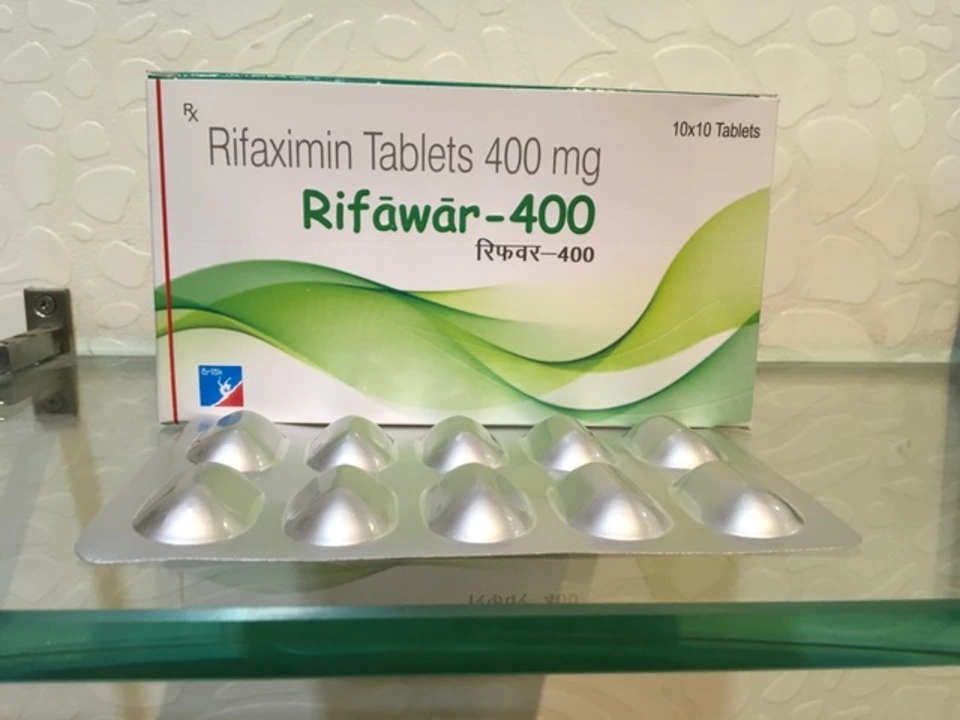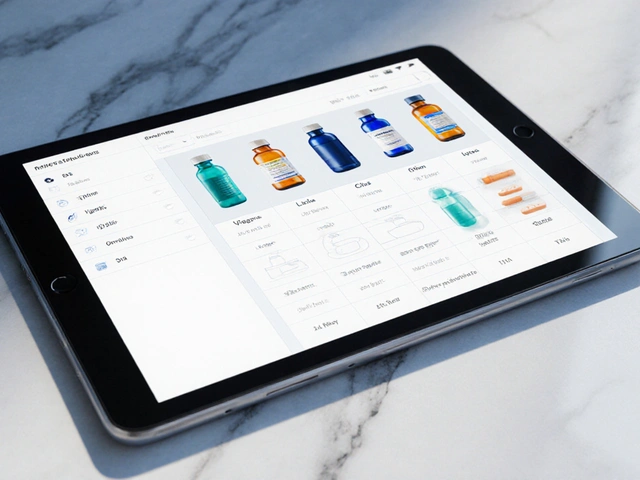Rifaximin: What You Need to Know
If you’ve heard of rifaximin, you probably want to know what it’s used for and how it works. Rifaximin is an antibiotic that targets certain bacterial infections mostly in the gut. Unlike many antibiotics, it works mainly inside the intestines with limited absorption into the bloodstream, which reduces systemic side effects.
This drug is commonly prescribed to treat traveler’s diarrhea caused by specific bacteria. If you’ve ever had an upset stomach on a trip due to contaminated food or water, rifaximin might be the treatment your doctor suggests. It can quickly target the bacterial cause, helping symptoms clear up faster.
Uses Beyond Traveler’s Diarrhea
Rifaximin is also known for its role in managing irritable bowel syndrome with diarrhea (IBS-D). Some patients experience relief from IBS symptoms when treated with rifaximin, likely because it alters the gut bacteria balance. This can lead to less bloating, cramping, and diarrhea. Always check with your doctor before starting treatment for IBS to see if rifaximin is right for you.
How to Use Rifaximin Safely
Rifaximin usually comes in tablet form and is taken by mouth. Your healthcare provider will tell you the exact dosage and how long to take it. It’s important to follow their instructions closely. Stopping the medication too early or not taking it as directed can cause the infection to come back or worsen.
One thing to remember is rifaximin is effective only against certain bacteria, so it won't help with infections caused by viruses or other types of germs. It’s not for general use unless your doctor clearly indicates it. Like all antibiotics, rifaximin can cause side effects, though many people tolerate it well. Some may experience nausea, headaches, or mild stomach upset. If you notice any severe reactions or allergic symptoms, contact your doctor right away.
Rifaximin is a handy tool in treating specific gut-related conditions thanks to its targeted action and safety profile. If you think it might be a treatment option for you, talk to your healthcare provider about the benefits and risks based on your health needs.

Rifaximin and Food Interactions: What to Avoid
- Date: 29 Apr 2023
- Categories:
- Author: David Griffiths
As a blogger, I've recently researched Rifaximin and its potential food interactions. It's crucial to be aware that while Rifaximin is considered a safe and effective medication for treating certain gastrointestinal issues, there can be some interactions with specific foods. From my findings, it's best to avoid consuming grapefruit or grapefruit juice, as it may increase the drug's concentration in the bloodstream, leading to potential side effects. Additionally, it is essential to maintain a consistent diet during treatment, as sudden changes may affect the medication's efficacy. Overall, it's vital to consult with your healthcare provider for personalized advice on any dietary restrictions while taking Rifaximin.




